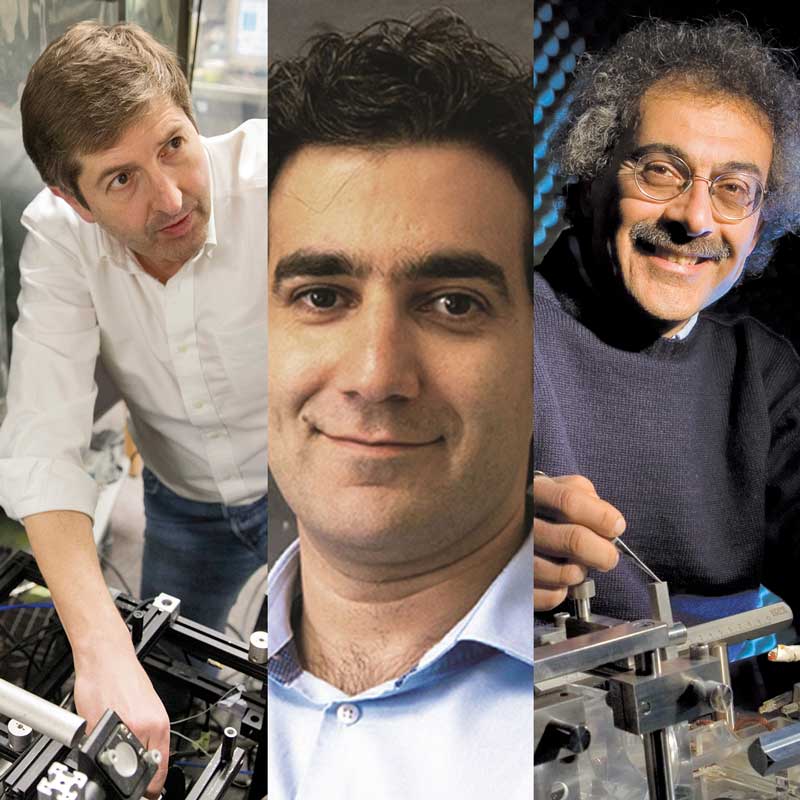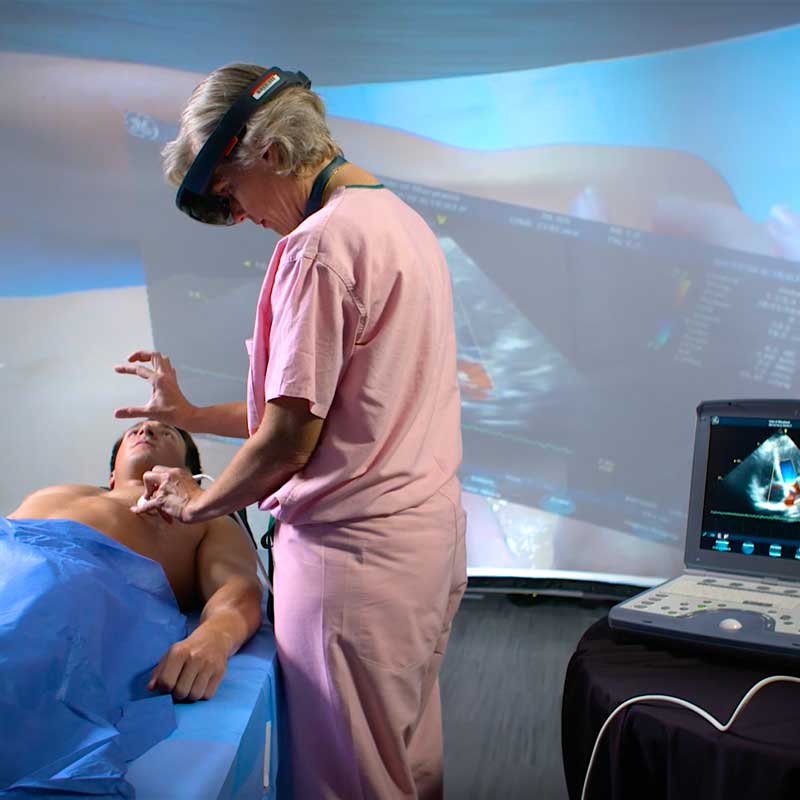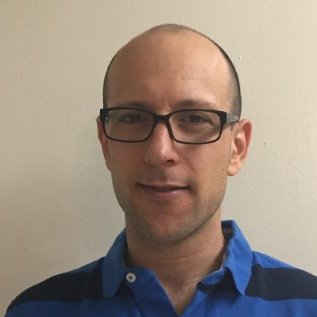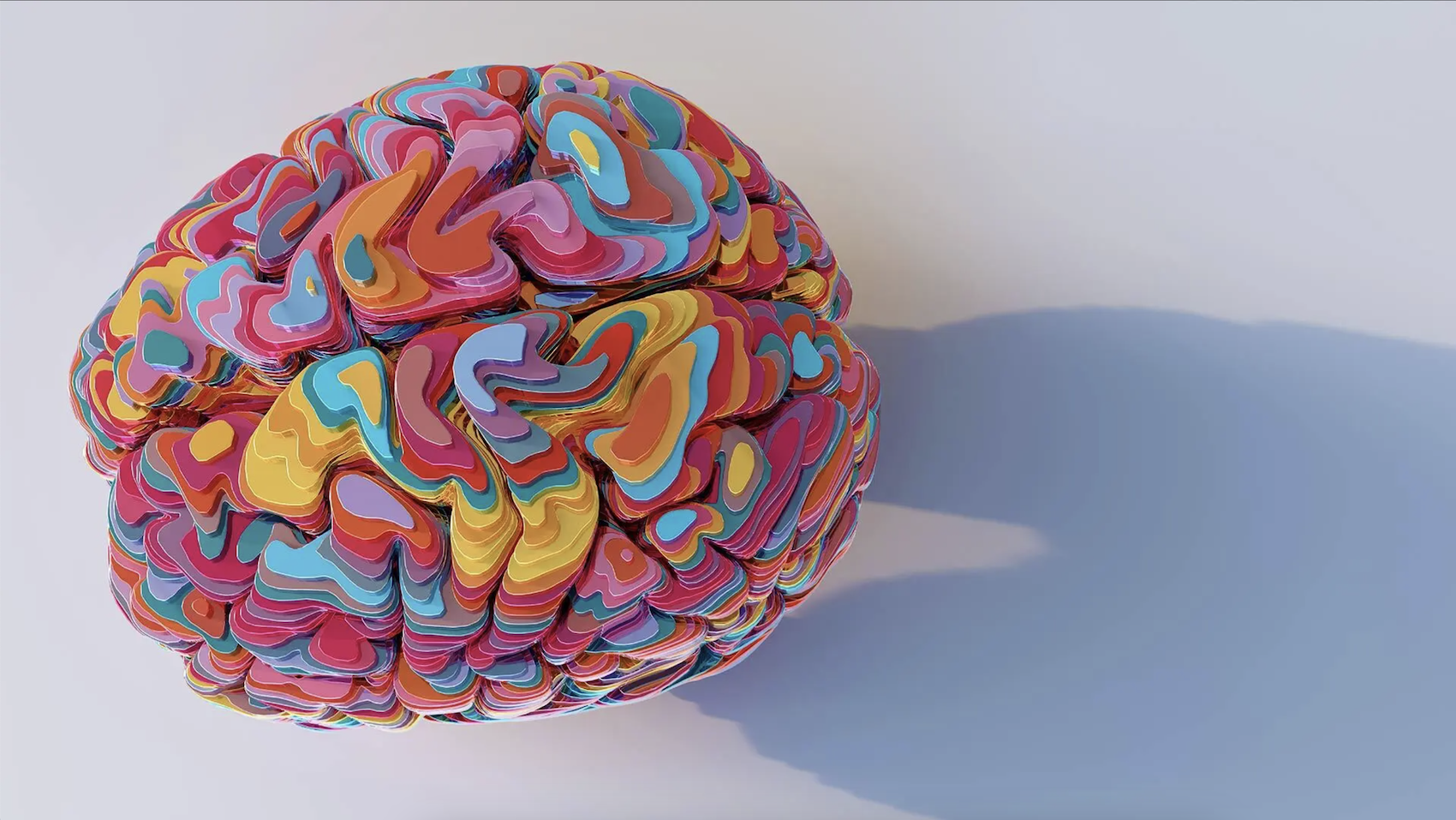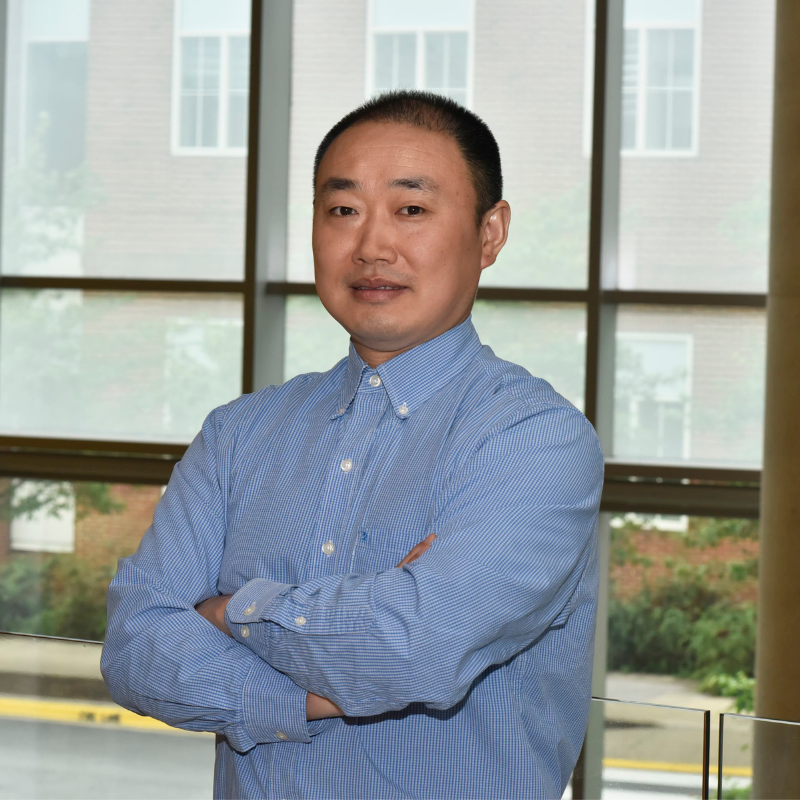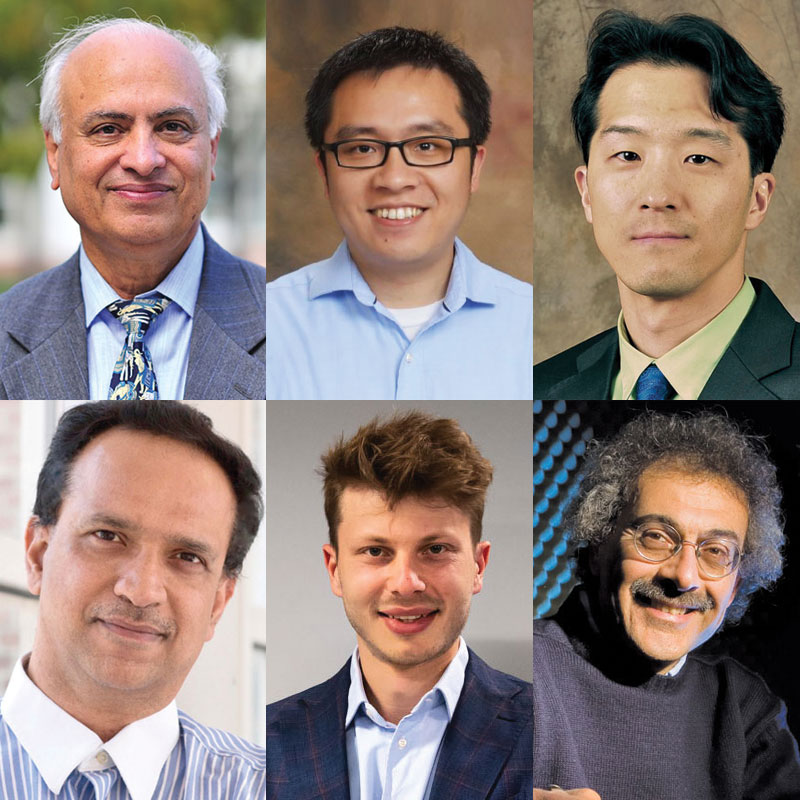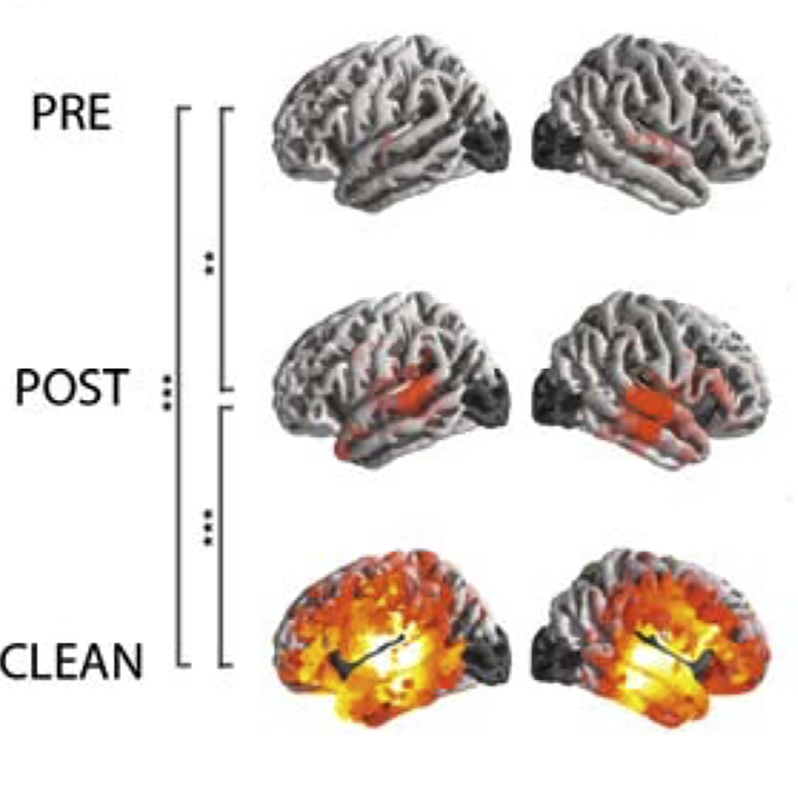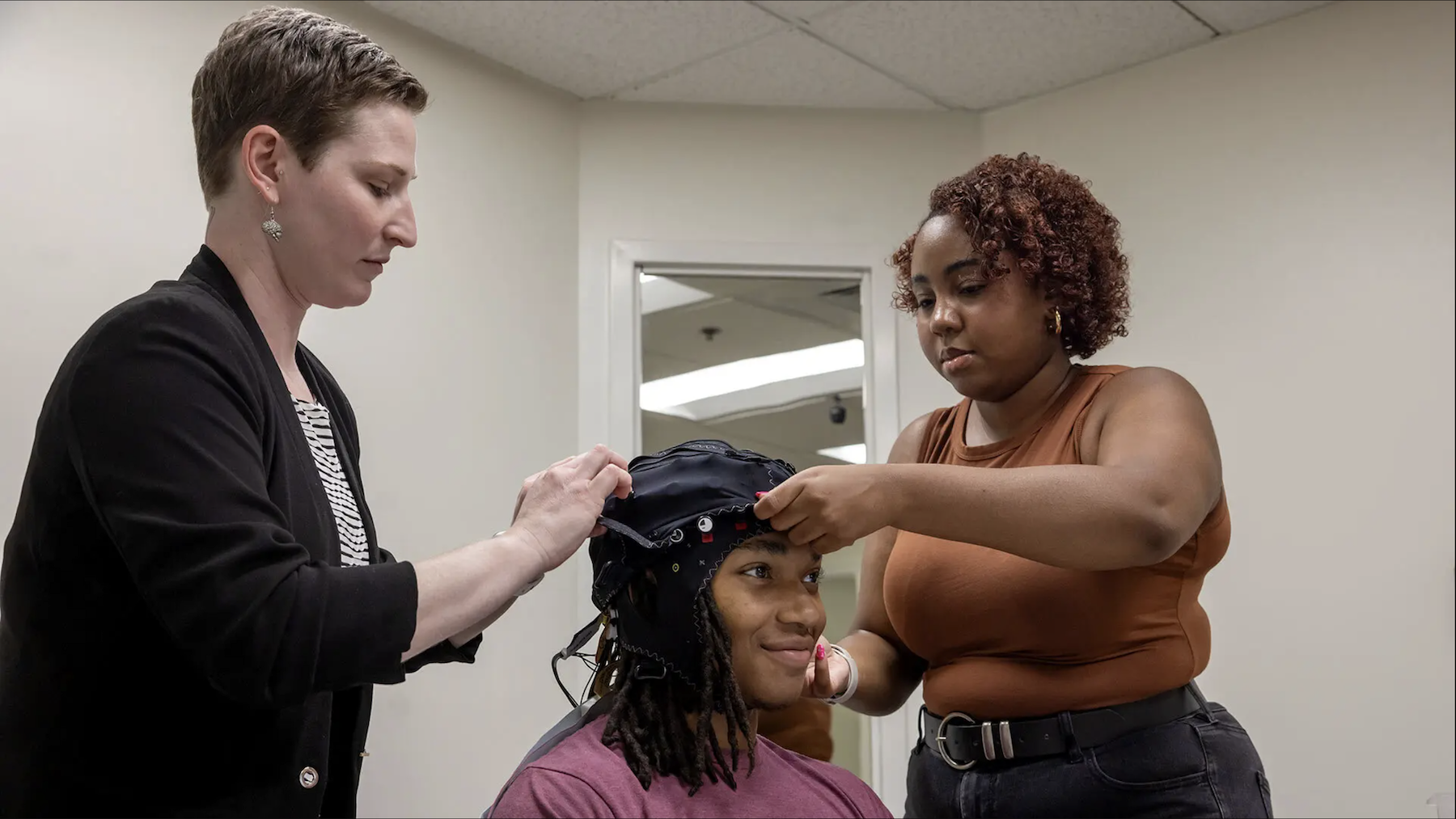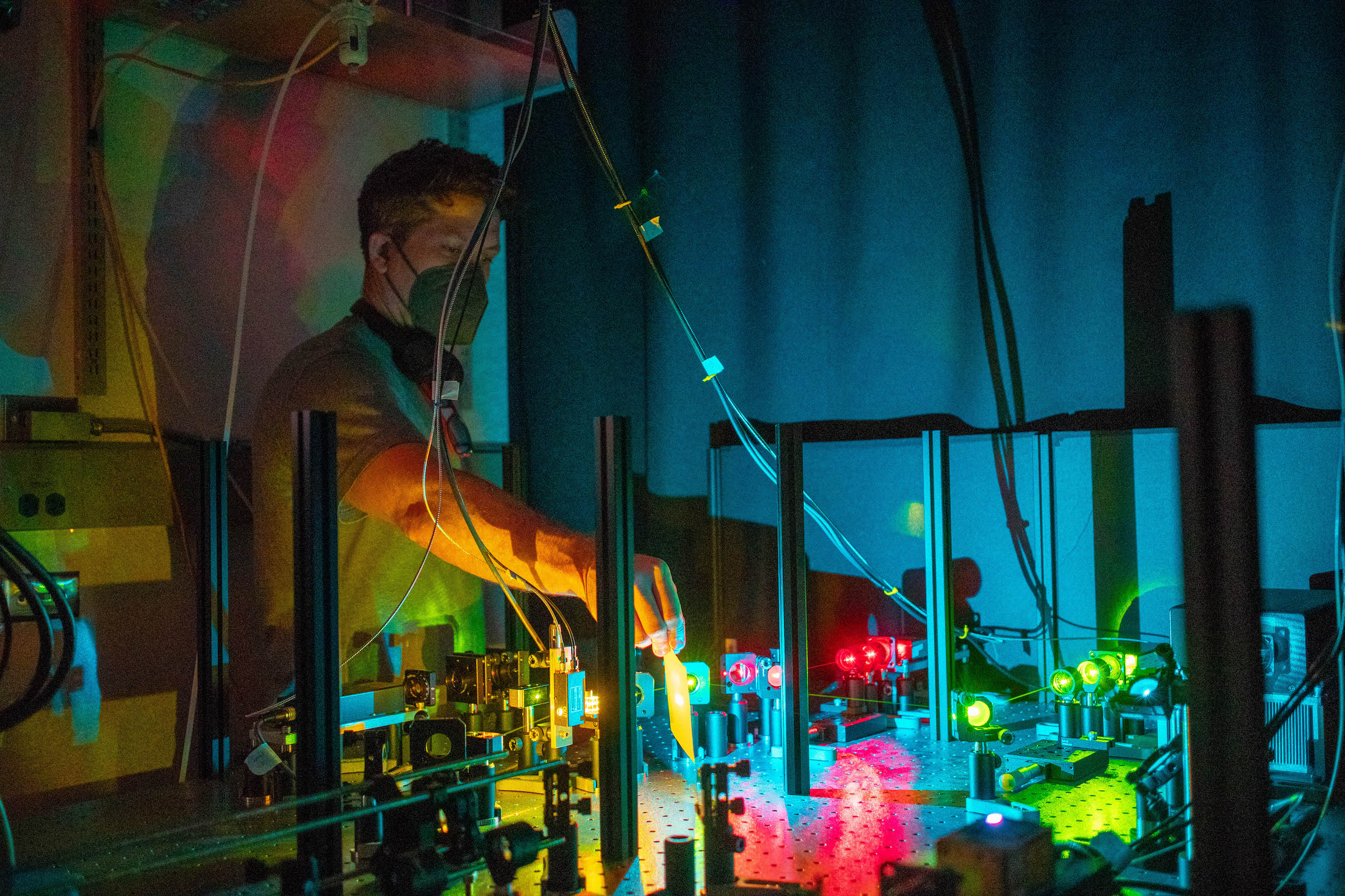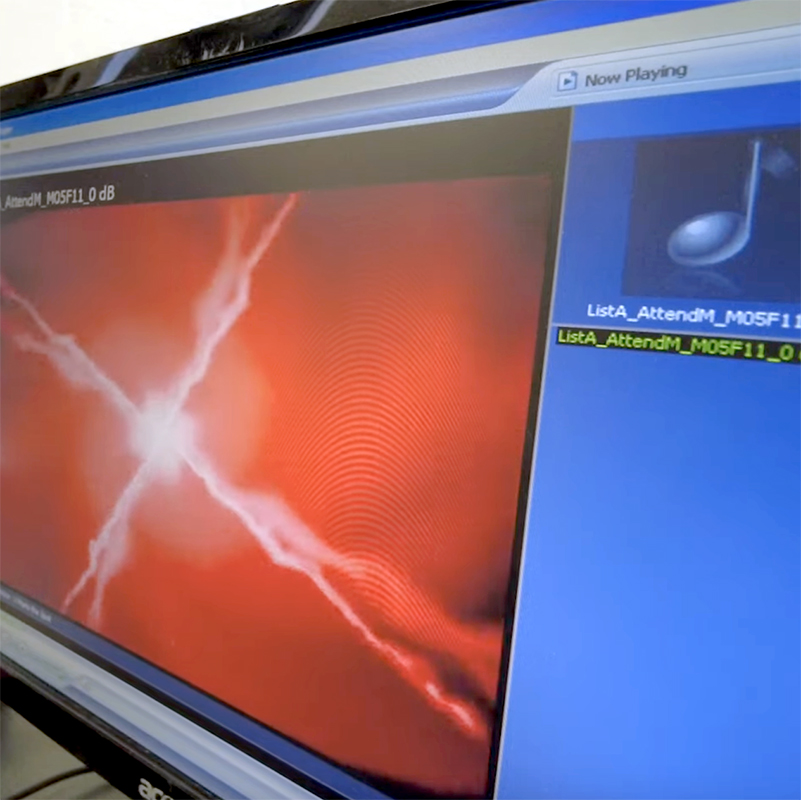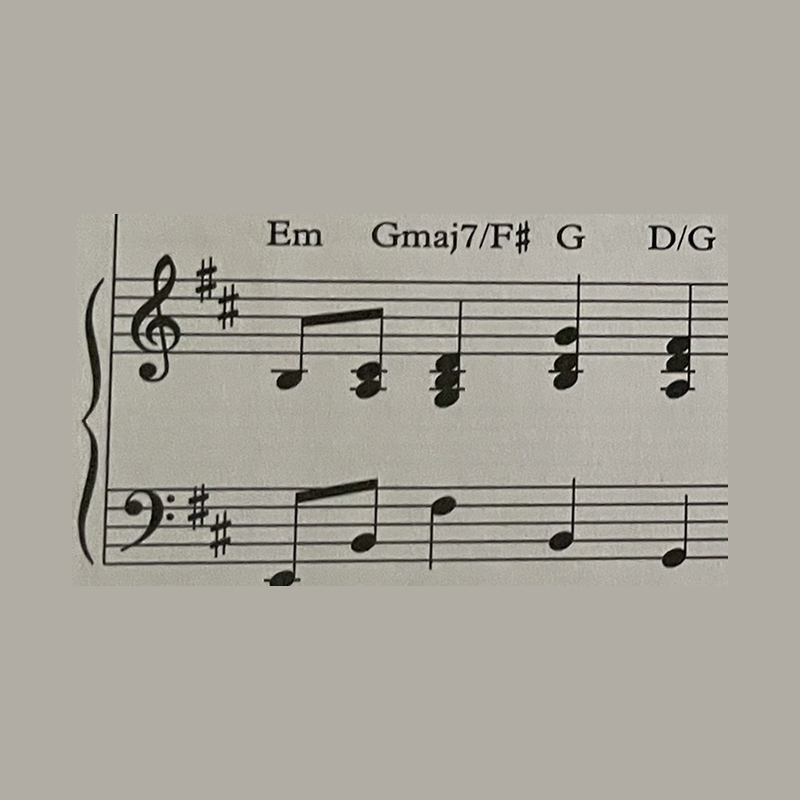News Story
Xiaoming He Elected to European Academy of Sciences and Arts
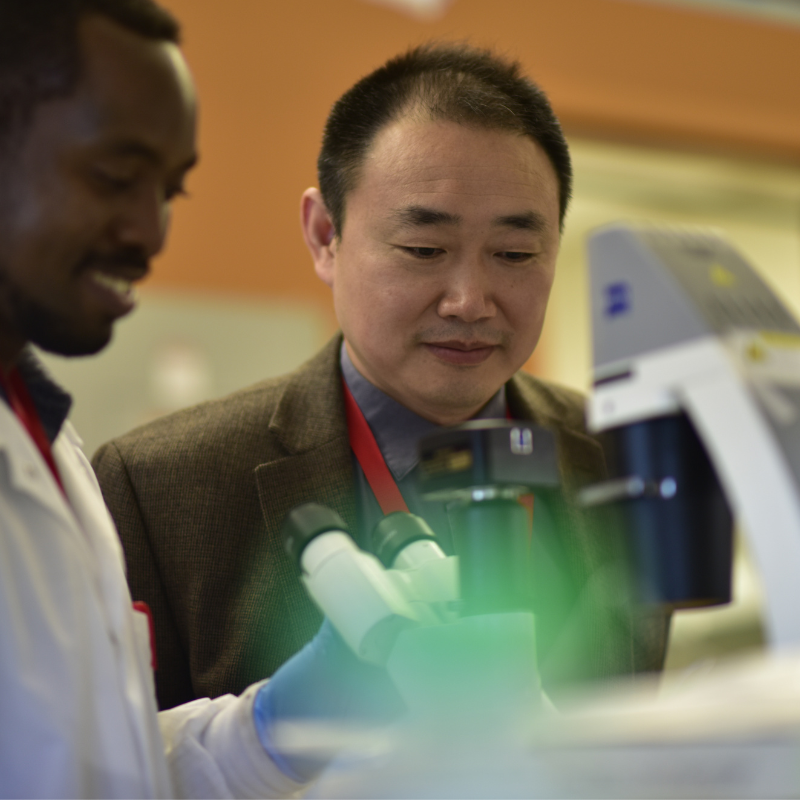
In December 2023, University of Maryland Fischell Department of Bioengineering Professor Xiaoming (Shawn) He was elected a member of the European Academy of Sciences and Arts (EASA).
Headquartered in the St. Peter’s Abbey in Salzburg, Austria, EASA’s mission is to foster cross-disciplinary collaboration between reputable scientists across every field of study, leading artists, and practitioners of governance. EASA brings together over 2,000 eminent scholars and practitioners—including 32 Nobel Prize winners—from across the world to analyze important societal challenges and help solve complex issues for the wellbeing of future European generations.
To be nominated is an honor, and to be elected a member is a statement of one’s sustained academic excellence in their respective field; of their ability to think interdisciplinary; and of their contributions to the mission and vision of the Academy.
“I felt thrilled and honored when I received the good news,” says He. “Being elected as a member of EASA means a lot to me as a Chinese American scholar. It is a recognition of my research, innovation, and impact on developing multiscale materials and devices to engineer both normal and cancer stem cells for tissue engineering, regenerative medicine, and cancer theranostics.”
Professor He is the Principal Investigator of the Multiscale Biomaterials Engineering (MBE) Laboratory at UMD. The MBE Lab is dedicated to the research and education on developing multiscale—including quantum, nano, micro, and macro scale—biomaterials and devices reinforced by artificial intelligence technology. He is also a member of UMD’s Robert E. Fischell Institute for Biomedical Devices, the Maryland Robotics Center, and the Brain and Behavior Institute.
The goal of He’s research is twofold. Firstly, to engineer, bank, and deliver small molecules, genes, peptides/proteins, cells, tissues, and organs. Secondly, to create 3D models of biological systems and structures in vitro with bioinspired spatiotemporal complexities.
"Being elected as a member of the EASA means a lot to me as a Chinese American scholar. It is a recognition of my research, innovation, and impact on developing multiscale materials and devices to engineer both normal and cancer stem cells for tissue engineering, regenerative medicine, and cancer theranostics.”
Professor Xiaoming (Shawn) He
At the intersection of this research lay innovative solutions for improving the safety and efficacy of the early detection and treatment of diseases such as cancer, infertility, diabetes, cardiovascular diseases, and neurological disorders.
In 2023, He was awarded two NIH Research Project Grants (R01s) for developing 3D vascularized tissues in vitro for high-fidelity drug screening and novel immunotherapy.
“The importance of the former is ever increasing with the FDA Modernization Act 2.0 being recently signed into law by President Biden. The latter is invaluable for combating cancer metastasis, the cause of more than 90% cancer-related mortalities,” explains He.
He is looking forward to the professional connections and research support that being an EASA member will bring. EASA has many activities for its members, including an Annual Festive Session, an Annual International Conference, and colloquiums featuring esteemed scientist and artist speakers.
“These are invaluable opportunities to learn cutting-edge research and explore new research collaborations in Europe and around the globe,” says He, “which certainly will have a tremendous positive impact on my future research and career.”
He will be inaugurated into the EASA at the 2024 Annual Festive Session, taking place on April 5, 2024.
In addition to his new EASA membership, He is actively involved in several other societies and journals. He is a Fellow of both the American Institute of Medical and Biological Engineering (AIMBE) and the American Society of Mechanical Engineers (ASME). He is also an Editor-in-Chief of the ASME Journal of Medical Devices and the Executive Co-Chair of the Society for Cryobiology Annual Meeting 2024.
Published January 11, 2024

